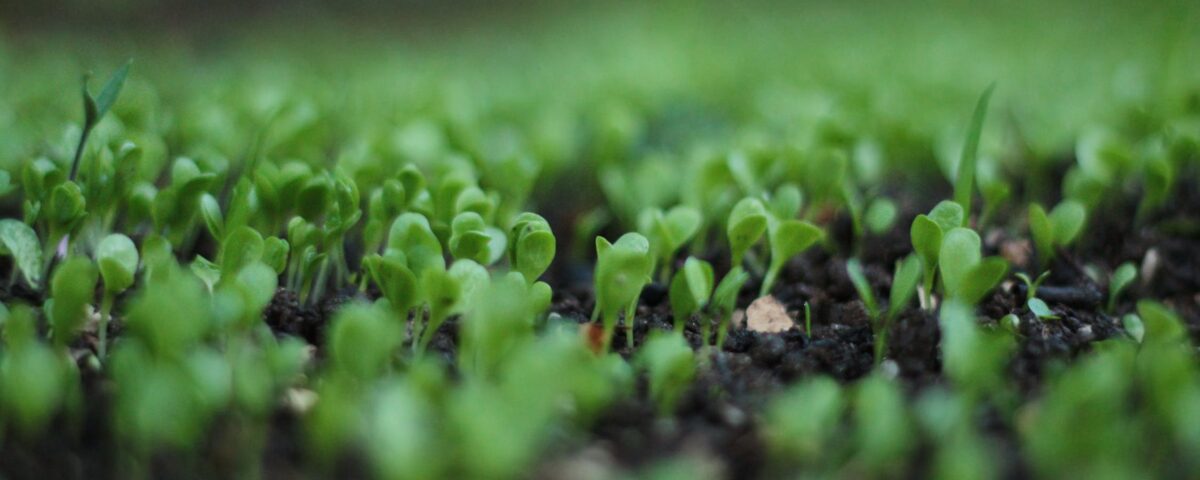Will the Omicron Variant threaten vital informal urban food trade like the previous variants?

Covid-19 Key Lessons for Improving the Resilience of Farmers and Entrepreneurs
29th December 2021
A Bigger Picture by Vanessa Nakate [Book Review]
19th January 2022Will the Omicron Variant threaten vital informal urban food trade like the previous variants?
The COVID-19 pandemic seems to be far from over as several coronavirus variants have emerged as the virus continues to mutate and evolve. In November 2021, a variant of COVID-19 emerged and was named Omicron by the World Health Organization (WHO). Just when we thought it was near to being over, it was only the beginning as this has dominated global headlines. It’s the new normal that we have to accept and adapt to.
Many urban residents were already struggling to access healthy fruit and vegetables. However, COVID-19 has taught us to take care of our health, and physical and psychological well-being and spend as little money as we can on food and other expenses as the supply and demand chains were crippled and social distancing, self-isolation and cessation of movement were implemented.
As a result, to be able to feed ourselves, urban gardens have become the norm in many estates across the city of Nairobi and other major urban cities in Kenya, including informal settlements. This, in most cases, has been happening behind the scenes for many, since people suddenly had the time to grow food on their balconies in pots, buckets, plastic bottles and containers or/and small gardens, backyards, empty plots and even sidewalks. In informal settlements, community gardens, especially in schools and community-based organisations (CBO), have been flourishing as children and community members learn the importance of growing healthy food to beat the effects of the pandemic.
While strict COVID-19 measures such as social distancing, self-isolation, wearing masks and regular hand sanitisation are being effected to prevent the spread of the Omicron variant, more needs to be done to increase countrywide vaccinations. However, if Omicron is vaccine-evasive, this may force new lockdowns resulting in demand and supply constraints that we experienced at the beginning of 2020. This may, again, hinder the food and agriculture system thus, impacting access to healthy food across the nation, especially for urban dwellers.
To avoid the looming food crisis, especially in urban areas as the coronavirus keeps mutating and evolving, there is the need to support urban and peri-urban farming to respond to the devastating effects of the pandemic. This could be able to bridge some of the existing gaps in the food sector, create much-needed employment opportunities, dramatically decrease our carbon footprint — to almost zero — in the growing, packing and movement of food and also play an important role in COVID-19 recovery plans.
“We should preserve every scrap of biodiversity as priceless while we learn to use it and come to understand what it means to humanity.” – E. O. Wilson
Urban gardens are an important component of green infrastructure. They play a critical role in urban biodiversity conservation and reduce air, water, soil and noise pollution. They increase biodiversity in cities such as bees, birds, bats, other bugs and wildlife, which in the end improves soil and water quality in urban areas.
Producing food locally improves human health and well-being since measures will be taken to ensure the food grown is not from polluted water or soil-improving food and nutrition security. Also, spending time touching the soil and growing a plant keeps us grounded and connected to nature




